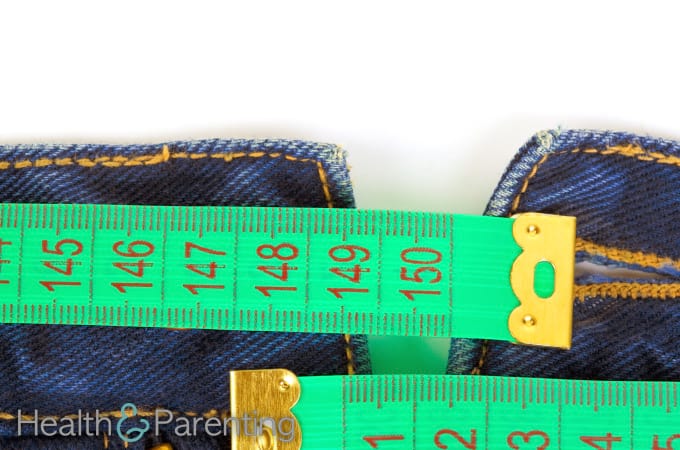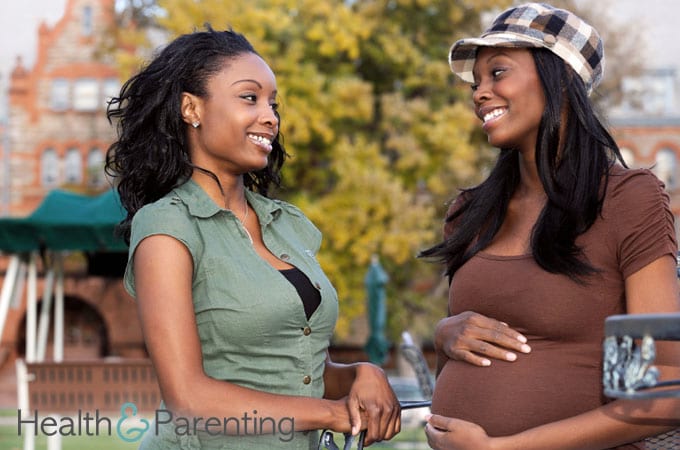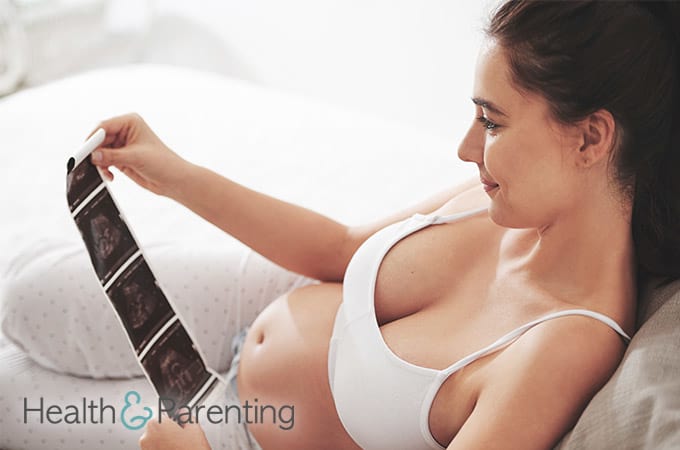If you’re preoccupied with baby budgeting, you may not be in the mood for a mammoth shopping expedition. Whether you’re saving for that top of the range pram, or trying to minimise your spending, you may be trying to pick up maternity clothes at bargain prices.
There are some items, though, that you should splurge on, if you can afford to. These include:
- Maternity bras – if there is one time in your life when your breasts need good support, it’s now. Your breasts will grow during the pregnancy, and again after the birth if you decide to breastfeed. They may feel sore, itchy and tender, so they deserve a bit of TLC. Head down to your local department store, or invite a maternity bra specialist to your house, for a fitting. You will probably need to be fitted twice during pregnancy, once when you first outgrow your pre-pregnancy bras, and again around week 36 if you are planning to breastfeed. If you value comfort, it’s worth splurging on this necessary purchase. You can save a bit of money by choosing nursing/maternity bras which will be useful after the birth too.
- Occasion wear – whether it’s a wedding, charity ball or birthday party, if you’ve been invited to a special occasion, you deserve a splurge. You’re already going to be the sober one, and will probably spend most of the evening answering the same five questions about your pregnancy. So, if you’re feeling a little self-conscious about your body, invest in an outfit that makes you feel your best. There are lots of flattering dresses, expertly tailored suits, and cute skirts available in the maternity section, so shop around until you find something you love.
- Shoes – some women find that their feet grow during pregnancy. You may find yourself needing a bigger size of shoe. Comfort is paramount during pregnancy, so if your shoes are feeling tight, buy some new ones. Some pregnant women suffer from swollen feet and ankles by the end of the day, and properly-fitting shoes could be all you need to reduce this pregnancy symptom.
- Coat – if you’re pregnant over the winter months, you will want to invest in a warm maternity coat. By the end of the pregnancy, your pre-pregnancy coat probably won’t stretch over your bump, meaning you’ll be left vulnerable to the cold. Invest in a good quality, warm winter coat, and make sure there’s room to grow into it.
- Pyjamas – ok, you could just make do with an oversized t-shirt, but there are some really cute maternity pyjamas out there and you deserve a treat. After all the sickness, and the fatigue, and the stretch marks, and the barely getting any sleep because you always need a wee, you deserve some comfy pyjamas.
Remember, any clothes you buy can be saved for later pregnancies or sold after the birth, so you can (sort of) argue they’re an investment for the future.
What is your favorite maternity clothing splurge?
Written by Fiona, proud owner of a toddler, @fiona_peacock
This information is not intended to replace the advice of a trained medical doctor. Health & Parenting Ltd disclaims any liability for the decisions you make based on this information, which is provided to you on a general information basis only and not as a substitute for personalized medical advice. All contents copyright © Health & Parenting Ltd 2018. All rights reserved.



















